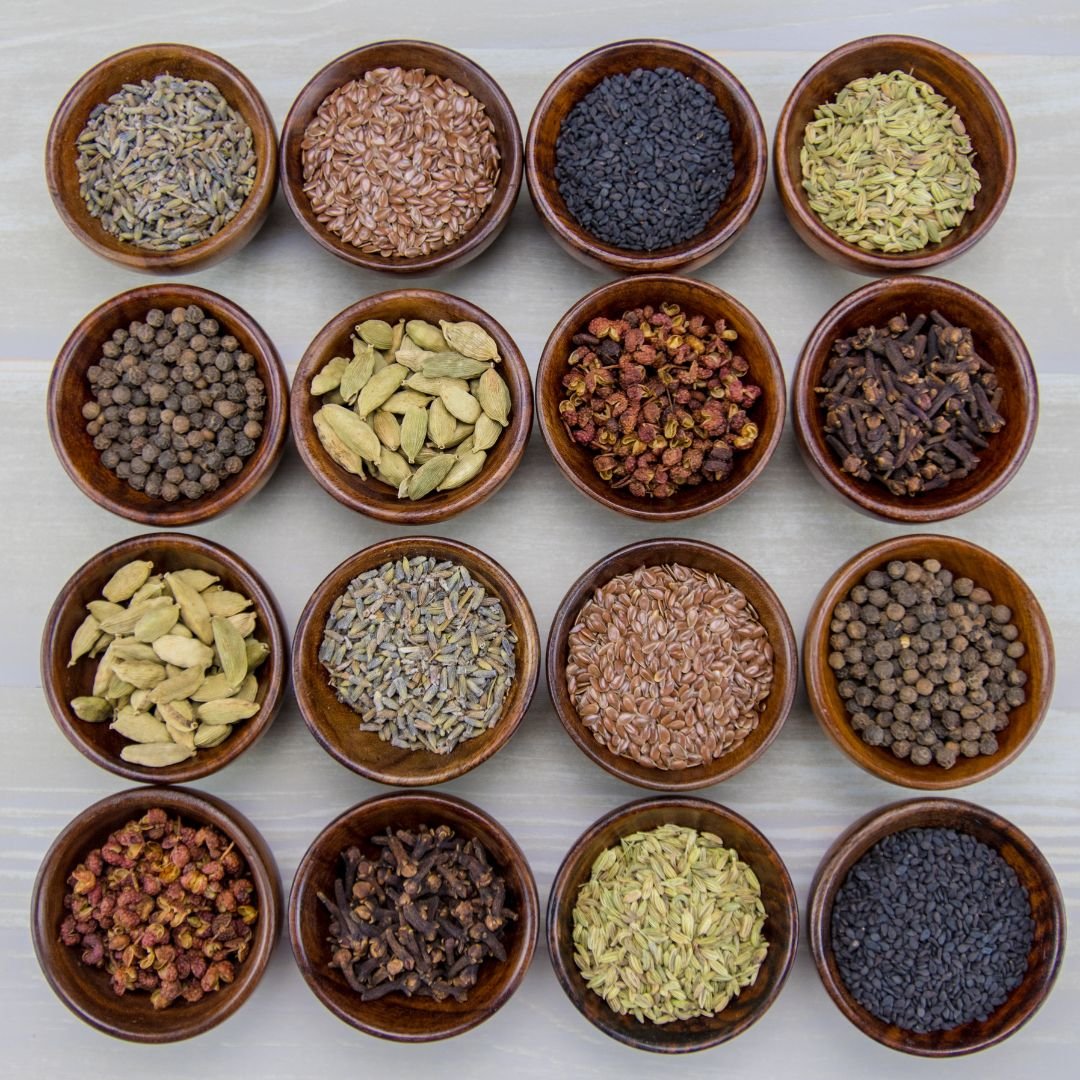Introduction
Indian cuisines rely heavily on spices to create aromatic, rich, and flavour-packed dishes. From a simple dal to an elaborate biryani, the correct blend and timing of spices make all the difference. Using authentic Indian spices from trusted suppliers like I Kar Exports ensures quality, consistency, and purity.
But even with the best spices, mistakes in cooking can reduce their impact. Incorrect usage may result in bitterness, weak flavour, or even overpowering heat. Here are the six most common mistakes people make with spices—and how to avoid them.
1. Adding All Spices at Once
A common error is tossing every spice into the dish together. Whole spices (like cinnamon, cloves, and bay leaf) release flavour slowly, while delicate spices (like garam masala or kasuri methi) work best when added at the end.
How to Fix: Start your cooking with whole spices to let their oils infuse. Add powdered spices later for freshness and balance.
2. Using Incorrect Spice Ratios
Adding too much garam masala can dominate a dish, while too little cumin may leave it bland. Indian cooking relies on balance—each spice contributes to the overall harmony.
How to Fix: Begin with smaller amounts and adjust gradually. Over time, you’ll learn the balance that works for your taste and recipes.
3. Burning Spices
Toasting or frying spices enhances flavour, but high heat can burn them, creating bitterness. Ground spices are especially delicate.
How to Fix: Roast whole spices gently on low heat before grinding. When frying, stir continuously and keep the flame medium to avoid scorching.
4. Storing Spices Incorrectly
Many people keep their spice jars near the stove for convenience, but heat and moisture reduce their freshness. Improper storage dulls flavour over time.
How to Fix: Store spices in airtight containers in a cool, dry place away from sunlight. Glass jars or vacuum-sealed packs help preserve potency longer.
5. Using Spices Past Their Expiry Date
Old spices won’t spoil like dairy, but they lose their aroma and flavour strength. Cooking with stale spices makes even well-prepared dishes taste flat.
How to Fix: Replace spices when colour fades or aroma weakens. Whole spices last longer than powders, so grind smaller quantities when needed.
6. Adding Spices at the Wrong Time
Timing is everything. Turmeric needs to be cooked to mellow its raw taste, while delicate spices like saffron should be added at the end to retain fragrance.
How to Fix: Understand each spice’s character. Whole spices are for the beginning, while powders and finishing spices should be layered later.
Tips for Using Spices Effectively
Toast whole spices before grinding to intensify aroma.
Use freshly ground spices for stronger, vibrant flavours.
Add spices in layers instead of all at once to build complexity.
Pair warm spices (cinnamon, clove) with tangy or sweet flavours for balance.
Always source high-quality spices for authentic results.
Conclusion
Mastering the use of spices requires patience and practice. By avoiding these common mistakes and focusing on balance, storage, and timing, you can bring out the true essence of Indian cooking.
For consistent results, always use trusted and high-quality spices. I Kar Exports supplies premium-grade red chillies, turmeric, coriander, cumin, cardamom, pepper, and other spices from India’s leading spice hubs like Guntur, Rajasthan, and Kerala. Whether you’re a home chef or a bulk buyer, choosing pure, farm-fresh spices ensures authenticity in every dish.
FAQs
1. How do I know if my spices are still fresh?
Check their aroma and colour—if they smell faint or look dull, it’s time to replace them.
2. Can I freeze spices to extend shelf life?
Freezing isn’t ideal, as it can introduce moisture. Airtight jars in cool, dry spaces are best.
3. Why do my spices taste bitter sometimes?
They may have burned during roasting or frying. Always cook them gently on low to medium heat.
4. Should I use both whole and ground spices?
Yes. Whole spices infuse dishes with depth, while ground spices give immediate flavour impact.


